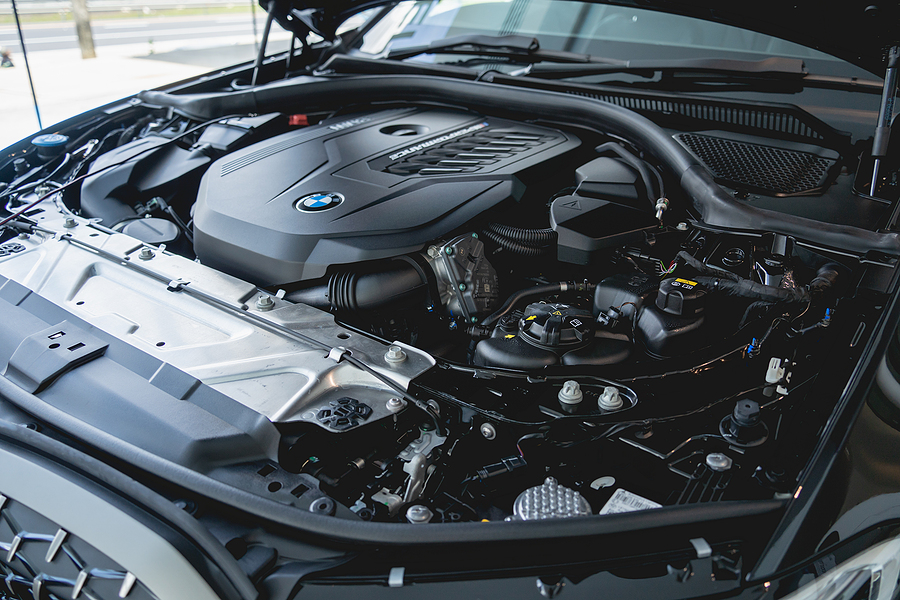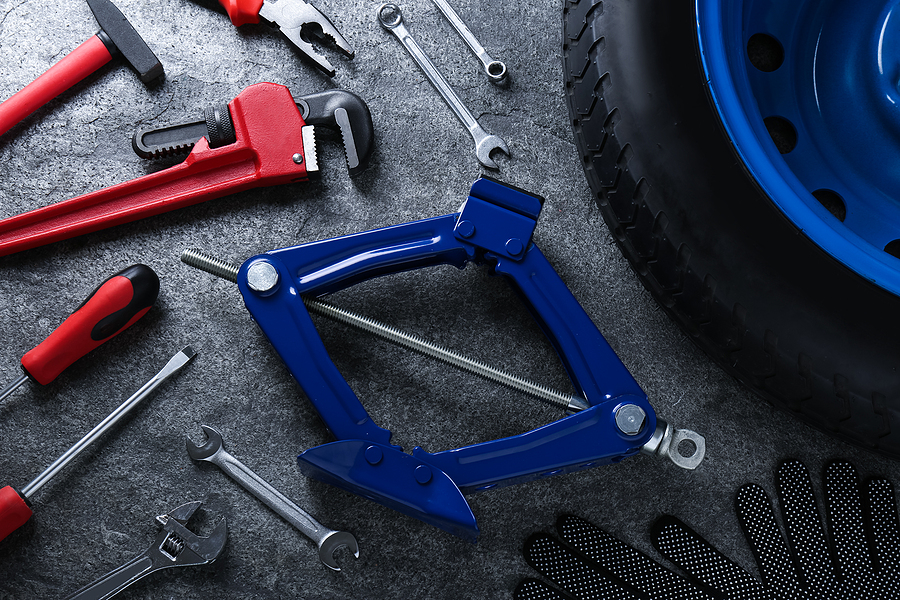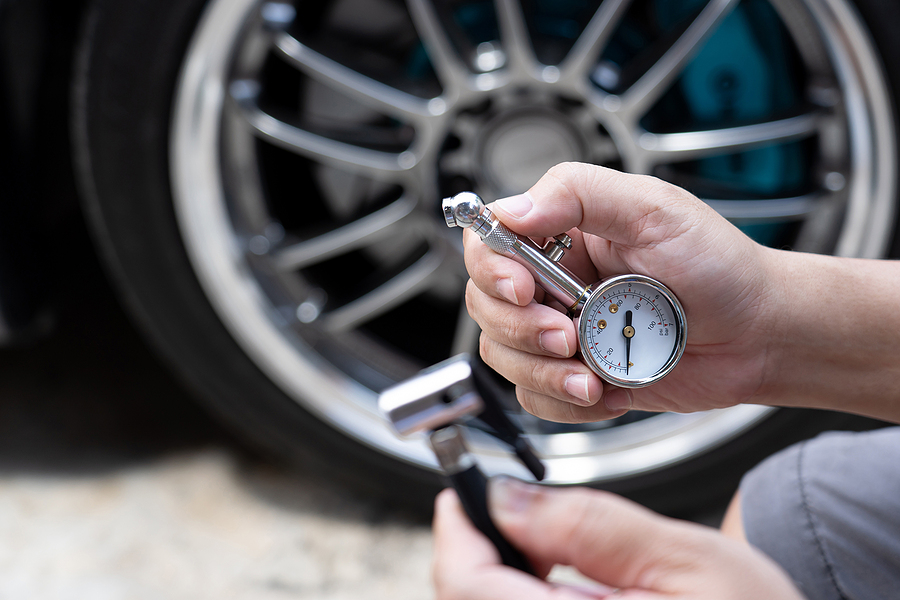Do you own a European car? If so, then you know how important it is to keep your vehicle in top condition. Unfortunately, even the best-maintained vehicles can experience problems from time to time. Knowing how to diagnose common issues with your European car is essential for keeping it running smoothly and safely.
In this blog post, we’ll provide an overview of some of the most common problems that owners of these cars may experience and offer advice on how to identify and address them quickly and efficiently. Whether you’re looking for guidance on DIY auto repair or just want more information about what could be going wrong with your vehicle, read on to learn more!

The Importance of Routine Car Maintenance for European Models
Routine car maintenance, for European models especially, is an essential aspect of ensuring that your vehicle runs smoothly and safely. Ignoring regular maintenance tasks may not only result in costly repairs down the road, but it can also pose a threat to you, your passengers, and other drivers on the road.
From oil changes to tire rotations, there are many tasks that should be performed at specific intervals to keep your vehicle in good working order. In addition, regular maintenance can improve the fuel efficiency of your car, extend its lifespan, and increase its resale value. Don’t overlook the importance of routine car maintenance – it’s an investment in the safety and longevity of your vehicle.
Frequent European Car Problems and Solutions
Engine Failure
One of the most common issues with European cars is engine failure. Engine problems can have a wide range of causes, including poor maintenance or fuel system issues. If you notice your car stalling or having difficulty starting, it could be a sign that something is wrong with the engine. In this case, it’s best to take your vehicle to an experienced mechanic who has experience working on European cars. They’ll be able to diagnose the issue and suggest any necessary repairs or replacements.
Transmission Issues
Another common problem with European cars is transmission issues. These are often caused by faulty fluid levels or contaminated fluid in the system. If you notice that your car isn’t shifting smoothly between gears or that there’s a delay when accelerating, it’s likely that something is wrong with the transmission. A qualified car mechanic will be able to identify the cause of the problem and recommend a course of action for fixing it.
Faulty Electrical
Finally, electrical issues are also common in European cars. Electrical problems can range from minor issues like dim headlights or faulty dash lights to more serious problems such as stalling or difficulty starting up. If you’re experiencing any electrical issues with your car, it’s best to take it to a professional mechanic who can diagnose the issue and determine what repairs need to be done.
Conclusion
Diagnosing common problems with your European car isn’t always easy, but if you pay attention to the warning signs and take it to a qualified and licensed automotive mechanic, you’ll be able to keep your car running smoothly and safely. Knowing what to look out for can help you identify problems early on, allowing you to get them fixed quickly and avoid any bigger issues down the line.
If you have any questions or would like more information about auto repair for German and European vehicles, don’t hesitate to reach out. Contact Autohaus Dierolf at 317-571-0800, today! We’re happy to answer any questions you may have about keeping your European car in top condition. We work on all European and German vehicles, but specialize in BMW, Mercedes, Volkswagen, Porsche, and Audi repairs and services.
Related Posts:
How to Make Your German Car Last Longer: Expert Tips and Tricks
10 Tips for Maintaining Your Audi and Keeping it Running Smoothly
Why an Independent Auto Repair Shop is Best for European Cars









